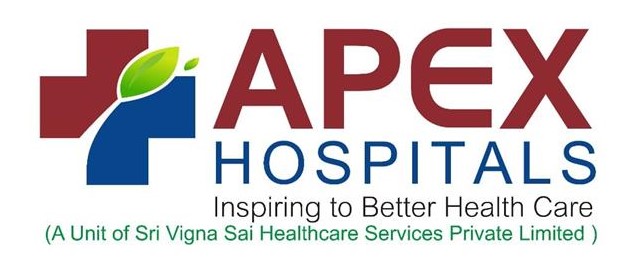Introduction
Gestational diabetes is a type of diabetes that develops during pregnancy. It affects how your body uses sugar. For many women, gestational diabetes appears in the second half of pregnancy. Early detection and proper management are important for the health of both mother and baby. In this blog, you will learn about gestational diabetes symptoms, causes, diagnosis, and management. We will also share tips for expectant mothers and when to consult a specialist.
What is Gestational Diabetes?
Gestational diabetes is a condition where blood sugar levels become high during pregnancy. Unlike other types of diabetes, it usually goes away after the baby is born. However, it can affect your pregnancy and your baby’s health. Because of this, regular screening and early care are important. Gestational diabetes can happen even if you did not have diabetes before pregnancy.
Symptoms of Gestational Diabetes
Often, gestational diabetes does not cause clear symptoms. Many women feel normal. Still, some may notice signs such as:
However, these symptoms can be common in pregnancy. Therefore, regular screening is important for early detection.
Causes and Risk Factors
Gestational diabetes happens when the body cannot make enough insulin during pregnancy. Insulin is a hormone that helps control blood sugar. During pregnancy, hormones from the placenta can block insulin. As a result, blood sugar rises. Some women are more likely to develop gestational diabetes. Key risk factors include:
Even if you have no risk factors, you can still develop gestational diabetes. That is why screening is offered to all pregnant women.
Diagnosis and Screening
Doctors screen for gestational diabetes between 24 and 28 weeks of pregnancy. Sometimes, screening happens earlier if you have risk factors. The most common test is the oral glucose tolerance test (OGTT). Here is how it works:
If your blood sugar is high, your doctor may repeat the test or order more checks. Early diagnosis helps prevent problems for you and your baby.
Treatment and Management Options
Managing gestational diabetes is important for a healthy pregnancy. Treatment aims to keep your blood sugar within a safe range. Common management options include:
Your healthcare team will guide you on the best plan. Regular check-ups are important to track your progress.
Lifestyle Tips for Expectant Mothers
Simple lifestyle changes can help manage gestational diabetes. For example, you can:
Always talk to your doctor before starting any new activity or diet during pregnancy.
Prevention Strategies
While not all cases can be prevented, you can lower your risk of gestational diabetes by:
These steps can help you have a healthier pregnancy and reduce your risk.
When to Consult a Specialist
If you have gestational diabetes, regular visits with your healthcare team are important. However, you should consult a specialist if:
Early and ongoing care helps protect both you and your baby.
Conclusion
Gestational diabetes can be managed with the right care and support. Early diagnosis, healthy habits, and regular check-ups are key. For personalized advice on gestational diabetes, consult a healthcare specialist. Gestational diabetes can be managed with the right care and support. Early diagnosis, healthy habits, and regular check-ups are key. For personalized advice on gestational diabetes, consult a healthcare specialist.
Expecting a baby and concerned about gestational diabetes?
Visit Apex Hospital for expert screening, guidance, and comprehensive pregnancy care to keep both mother and baby healthy.


